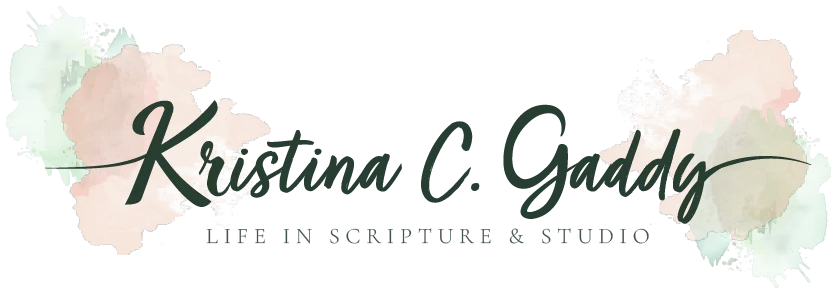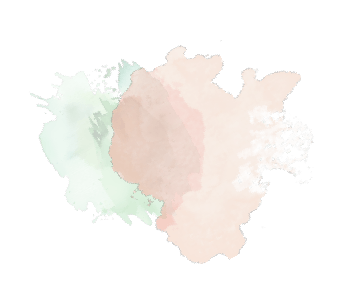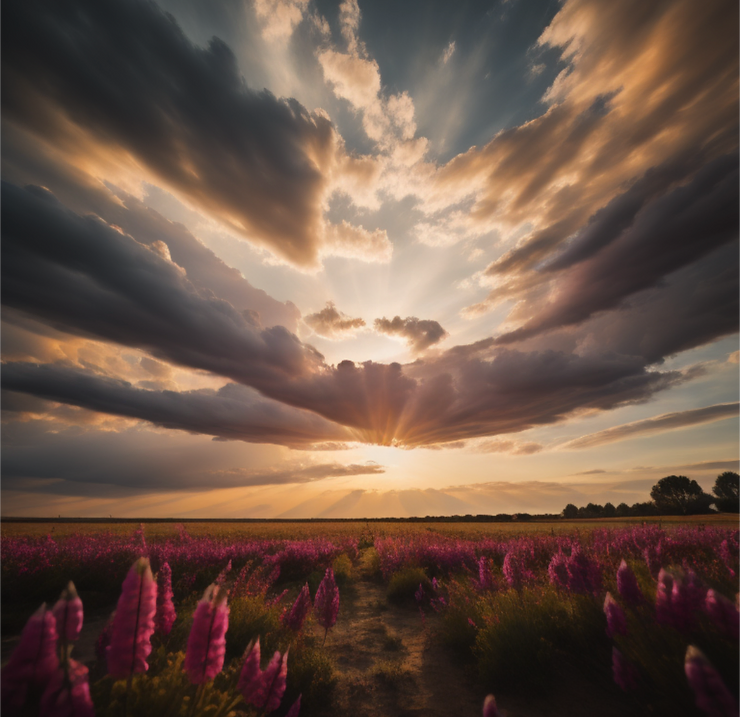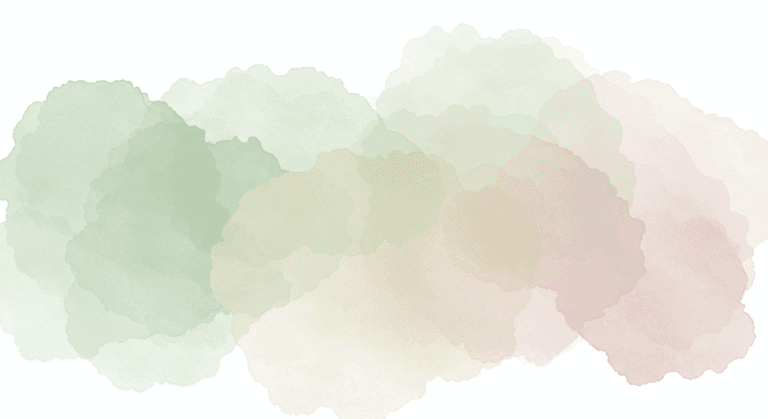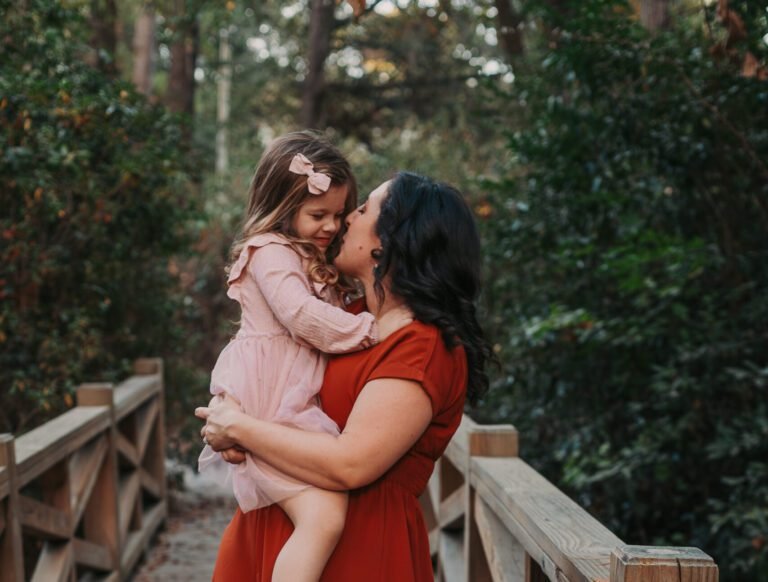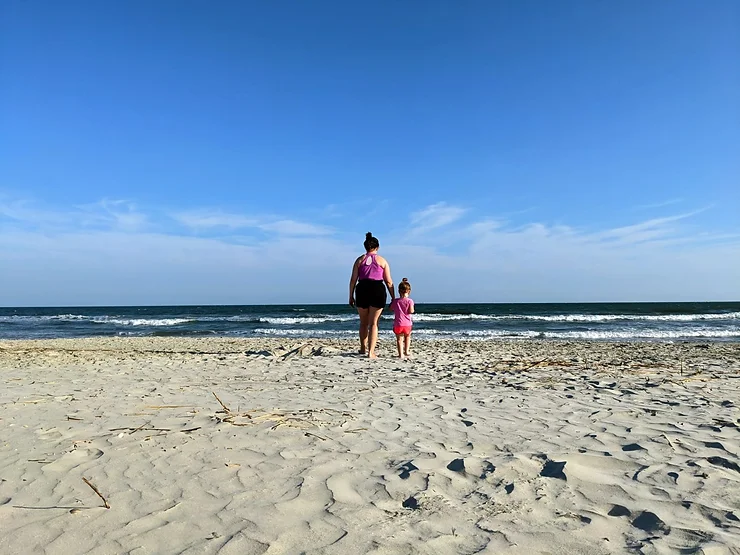Pulling Weeds, Growing Fruit: A Lesson in Discernment and Discipleship
As a kid, I thought weeding was the worst—a chore meant for “old people.” But somewhere along the way, I started to love it. There’s just something satisfying about yanking those stubborn invaders out of the ground, roots and all, especially after a good rain. I probably look a little unhinged to my neighbors, crouched down in the yard, zoning in on stray weeds. But for me, it’s a mental reset—a small, quiet act of restoration. Little did I know, this simple act of clearing the garden would mirror a much larger lesson about life.
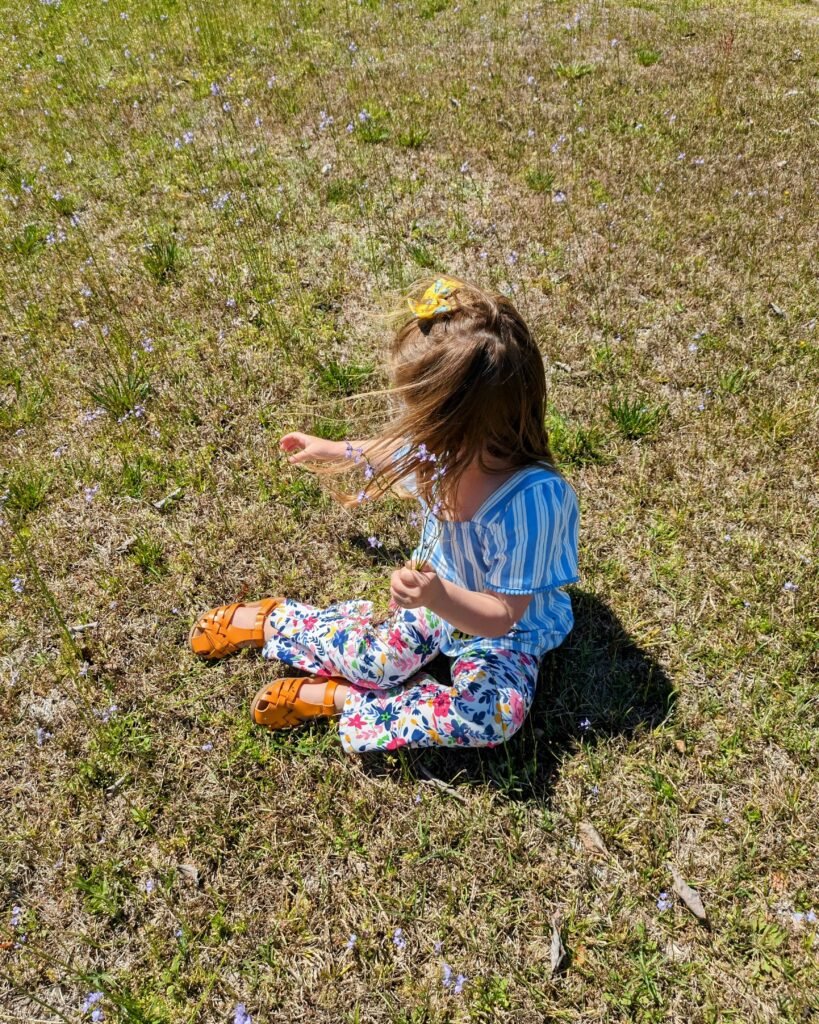
So, what is a weed?
In gardening, a weed is any plant that is growing where it doesn’t belong. It might blend in at first, but left alone, it takes over—stealing nutrients, water, and sunlight from the plants you actually want to grow. Weeds compete, spread fast, and thrive just about anywhere. If you don’t keep them in check, they won’t just take up space; they’ll choke out what was meant to flourish. This struggle in the garden—or in the lawn, for the non-gardeners—is a lot like the spiritual battles we face in life.
Learning to Discern
My three-year-old has become my eager little gardening buddy. She toddles alongside me, pulling at the ground, wanting to help. The problem? She couldn’t tell the difference between the weeds and the grass. Her innocent confusion reminded me how important it is to know what truly belongs.
When I started gardening with my kids, I quickly realized I had to simplify things. Instead of overwhelming them with plant names, I taught them to focus on what does belong.
“This is grass,” I’d say. “If it doesn’t look like this, pull it up.”
By focusing on one clear example—our healthy, vibrant grass—I made it easy for them to understand.
That simple shift made all the difference. Instead of second-guessing every little plant, they had a clear reference point. Over time, they got better at recognizing weeds—not because I drilled them on what was wrong, but because they learned to focus on what was right.
That’s the essence of discernment. When our hearts are fixed on what is good, true, and lovely (Philippians 4:8), we naturally begin to spot what doesn’t belong. Filling our minds with God’s truth makes the lies, distractions, and sin all the more evident.
At first, she grabbed handfuls of both. I had to stop her and teach her the difference—this stays, this goes. And over time, she got it! She learned not to pull up the grass, and if she wasn’t sure, she asked. Later, I showed her another important step: it’s not enough to rip off the top—the part of the weed that we can see; you have to pull out the whole root, or else it will just grow back, often stronger. She’s still working on that part, but she knows now, and she gets excited when she gets the right ones.
That small moment with her got me thinking—how often do we find ourselves tangled in life’s complexities, unsure of what truly belongs and what must be cleared away?
What Doesn’t Belong
Galatians 5:16 says, “Walk by the Spirit, and you will not gratify the desires of the flesh.” Notice the order—Paul doesn’t start by listing all the sins to avoid. He starts by calling us to walk by the Spirit. When we do that, everything else falls into place. In this way, our focus shifts from what we must avoid to what we should pursue.
The passage goes on to contrast the works of the flesh—things like hatred, jealousy, selfish ambition, and division—with the Fruit of the Spirit: love, joy, peace, patience, kindness, goodness, faithfulness, gentleness, and self-control (Galatians 5:22-23). This contrast reminds us that our lives are a battleground between what nourishes our souls and what chokes them.
If we are walking by the Spirit, we are less likely to be overwhelmed by everything that tries to creep in. By walking in the Spirit, we aren’t overwhelmed by every little distraction. Our focus shifts to nurturing what God intends to flourish.
Paul reminds us that before we can fully embrace the Fruit of the Spirit, we must first be aware of the destructive forces at work:
“The acts of the flesh are obvious: sexual immorality, impurity, debauchery, idolatry, witchcraft, hatred, discord, jealousy, fits of rage, selfish ambition, dissensions, factions and envy; drunkenness, orgies, and the like. I warn you, as I did before, that those who live like this will not inherit the kingdom of God.” (Galatians 5:19-21)
While some of these vices are big and obvious, others are sneaky—quietly taking root, blending in, and eventually robbing us of peace, joy, and our ability to love others and ourselves. We simply can’t allow them to grow unchecked if we are to thrive spiritually.
What We’re Meant to Grow
That’s why discernment matters—when we surrender to the Holy Spirit for guidance, He teaches us to clear out what doesn’t belong and make room for what does. In contrast, God invites us to cultivate a different kind of growth:
“But the fruit of the Spirit is love, joy, peace, patience, kindness, goodness, faithfulness, gentleness and self-control. Against such things there is no law.” (Galatians 5:22-23)
This is the fruit God wants to cultivate in us. And just like in gardening, it doesn’t grow automatically—it takes intentional care. Just as a gardener nurtures the soil, we must nurture our hearts with these virtues. I’m learning to recognize and celebrate these fruits in the people around me. I’m also using them as a guide to examine my own heart, to ask: Is this thought, this action, this response in step with the Spirit? Or is it something I need to uproot?
But let me remind you—it’s not all on you alone. Discernment isn’t about being hyper-vigilant or fearing you’ll overlook something; it’s about trusting God’s Word and leaning into community—that’s loving God and others as commanded, is it not?
We’re not meant to do this in isolation. When we walk with others who are also following Jesus, they help us see the things we might miss. Just like I guided my kids in the garden, we need people who will say, “Hey, that doesn’t belong” or “That’s actually something good—don’t pull it up too soon.”
Discernment takes practice. It requires taking obedient, sometimes uncertain steps. But they must be deliberate, God-honoring steps—and we take them together.
The Beauty of Weeding
The next time you find yourself knee-deep in weeds, pause and appreciate the process. Weeding isn’t merely about removal—it’s about making space for life to flourish. And isn’t that true in life, too? There’s an art to this process—a delicate balance between letting go and nurturing what’s good. In doing so, we are shaped, pruned, and transformed more into the likeness of Christ.
While we’re called to be diligent in weeding out what doesn’t belong and nurturing what God wants to grow in us, we can find comfort in knowing that God’s love remains steadfast through it all. He doesn’t leave us alone in the weeds. In His great love, He sent His Son, Jesus, to show us the way, to care for us, and to walk alongside us. And He gives us the gift of community—to help us discern, encourage, and guide each other through the process. This truth offers us deep comfort and rest—knowing that, no matter how tangled or messy things get, God is with us, guiding us to flourishing life in Him, with the support of others who are also walking this journey.
Reflection
As you reflect on this process, consider the weeds in your life. What are the things that distract, drain, or choke out the good growth in you? And how can you focus on what is good, true, and lovely to help you recognize what doesn’t belong? Remember, God is with you, guiding you and sending others to help along the way. You are never alone.
